12 Finding Perfect Masa Harina Alternatives for Your Kitchen Needs
Masa harina, essential for making tortillas and tamales, is a finely ground corn flour with a unique texture and flavor.
When masa harina is unavailable, alternatives such as cornmeal, polenta, or finely ground corn flour can serve as substitutes with some adjustments.
Each option offers different textures and absorption rates, so recipe modifications may be necessary for the best results.
These twelve masa harina substitutes provide options for gluten-free and traditional cooking alike.
Understanding their differences helps maintain the authentic taste and consistency of corn-based dishes.
These alternatives keep your kitchen versatile and your recipes authentic.
Learn the best masa harina swaps for your next culinary adventure.
What Are the Best Alternative for Masa Harina?
Masa harina has a unique texture that’s hard to beat. If it’s missing from your pantry, you can still make delicious recipes. It’s just about finding an option that works well.
Masa Preparada
Masa preparada, a freshly ground hominy product, offers a convenient alternative to masa harina for those seeking to save time when making traditional Latin American dishes.
This ready-made dough eliminates several preparation steps, allowing cooks to jump straight into creating delicious tortillas, tamales, or pupusas without mixing and hydrating dry ingredients.
Many Latin markets and specialty grocery stores carry masa preparada in two main varieties: a smooth consistency perfect for corn tortillas and a coarser texture already infused with flavorings and lard specifically designed for tamales and pupusas.
The texture feels slightly moist and pliable, making it incredibly easy to work with compared to starting from scratch with masa harina.
For busy home cooks, this time-saving ingredient delivers authentic flavor without the hassle of traditional preparation methods.
Dried Hominy
Masa harina, a cornerstone of Latin American cooking, starts as hominy before being ground into the fine flour we recognize in tortillas and tamales.
Many don't realize dried hominy can serve as an excellent substitute when processed to a fine texture in a food processor.
The simple 1:1 replacement ratio makes this swap particularly convenient for anyone caught without masa harina mid-recipe.
Southern U.S. cuisine also embraces hominy, celebrating its distinctive corn flavor that comes from the traditional limewater soaking process that removes the outer husk.
This ancient preparation method, dating back to indigenous cooking traditions, not only changes the corn's texture but also increases its nutritional value by making certain nutrients more bioavailable.
Canned Hominy
Canned hominy makes an excellent masa harina substitute when blended in a food processor until it reaches a dough-like texture similar to traditional masa.
The kernels, preserved in water with a consistency resembling canned beans, can replace masa harina in a simple 1:1 ratio for tortillas, tamales, and other classic recipes.
Just remember to reduce the water in your recipe since canned hominy contains more moisture than dry masa harina.
With a few adjustments to liquid content, your hominy-based dough will achieve the perfect consistency for delicious homemade Mexican specialties.
Corn Flour
Substituting corn flour for masa harina isn't ideal since they differ significantly despite both coming from corn.
Most notably, masa harina undergoes nixtamalization, giving it that distinctive tart flavor that corn flour lacks completely.
The texture varies too, with corn flour being much finer and smoother than the coarser masa harina.
In recipes that call for masa harina, corn flour won't provide the authentic taste needed for traditional dishes like tortillas or tamales.
Corn flour does shine in other applications though, particularly as an excellent thickening agent for custards, sauces, and hearty stews.
For the best results in Mexican cooking, it's worth making a special trip to find real masa harina rather than settling for this substitute.
Cornmeal
Substituting cornmeal for masa harina works reasonably well in many recipes since both ingredients come from milled corn and share a similar grainy texture.
The main difference lies in their processing methods, as masa harina undergoes an alkalizing limewater treatment that gives it a distinctive tart flavor that cornmeal lacks.
For dough-based dishes, cornmeal can replace masa harina in a 1:1 ratio without significantly changing the consistency of your final product.
Some cooks add a small amount of lime juice to cornmeal to better approximate masa harina's characteristic tang when making tortillas or tamales.
The texture match makes cornmeal a convenient stand-in when you're in a pinch, even though the flavor profile won't be exactly the same as the authentic ingredient.
Cornstarch
Cornstarch stands out as the most versatile thickening agent for your cooking needs, especially when replacing masa harina in soups and sauces that need extra body.
For best results, simply mix equal parts cold water and cornstarch in a small bowl to create a smooth slurry before cooking.
This simple mixture should be added gradually to your hot dish while stirring constantly to prevent unwanted lumps from forming.
The transformation happens quickly as heat activates the cornstarch, so keep a close eye on your pot to achieve just the right consistency.
Corn Grits
Masa harina and corn grits share common origins but differ in essential ways that matter for Mexican cooking.
Hominy-based grits come closest to mimicking masa harina's authentic flavor, while the milled corn variety tastes more like regular cornmeal.
Texture presents the main challenge since grits typically have a coarser consistency than the fine masa powder used in traditional recipes.
Many people successfully use grits as a substitute by simply grinding them finer in a food processor before mixing the dough.
This small extra step makes grits work beautifully in everything from tamales to tortillas at a standard 1:1 replacement ratio.
When properly prepared, most people can't even tell the difference between dishes made with authentic masa harina versus modified corn grits.
Arrowroot Powder
Arrowroot powder stands out as a versatile, paleo-friendly substitute for masa harina with excellent thickening abilities in sauces and gravies.
Unlike masa harina, this flavorless powder creates a clear, glossy finish that works wonderfully in jellies and certain baked goods.
Many people appreciate that arrowroot is grain-free and easily digestible, potentially supporting weight loss goals when incorporated into recipes.
The substitution is straightforward with a simple 1:1 ratio when used for thickening purposes in most dishes.
Despite these benefits, arrowroot isn't suitable for making dough because of its fine texture, and mixing it with dairy products can unfortunately result in a slimy consistency.
Dry Polenta
In Northern Italian cuisine, dry polenta stands out as a versatile ingredient made from yellow flint corn with a distinctive coarser, flakier texture than its cousin, grits.
The rich corn flavor makes it an excellent foundation for many Latin dishes, working beautifully with savory sauces and hearty stews.
Cooks around the world appreciate polenta in various grinds, though the finely ground version works best when making tamales or thickening sauces to perfection.
For those following recipes that call for masa harina, dry polenta can be substituted in equal amounts without compromising the dish's integrity.
Many find this 1:1 swap incredibly convenient when preparing traditional Latin American favorites without specialized ingredients on hand.
Ground Corn Tortillas
Corn tortillas sitting in your kitchen can become a fantastic substitute for masa harina instead of ending up in the trash.
These humble tortillas, already made from masa harina, can easily return to a flour-like state with minimal effort.
The best choice for substitution comes from unflavored varieties since they blend seamlessly with other ingredients without competing flavors.
Creating this substitute is remarkably simple - just take 3-4 corn tortillas, add a pinch of kosher salt and some hot water, then pulse everything in a food processor until you achieve the right consistency.
This homemade alternative works perfectly in traditional recipes when masa harina isn't available, saving both money and reducing food waste in your household.
Flaxseed
Flaxseeds serve as a surprising substitute for masa harina when you're in a pinch, offering more than just a topping for multigrain bread.
Their nutty flavor profile differs from traditional masa harina, yet the nutritional benefits make this swap worthwhile since flaxseeds contain abundant antioxidants, Omega-3s, and fiber.
The substitution process is straightforward - simply mix half a tablespoon of ground flaxseed with two tablespoons of water to achieve a workable consistency.
This versatile seed can transform various recipes while adding a nutritional boost to your favorite dishes without compromising too much on texture.
Varied Flours
Masa harina gives authentic flavor to many dishes, especially in Mexican cuisine, though regular corn flour works as a solid substitute in most recipes.
Other flour types can pinch-hit when you're thickening sauces or soups, with wheat and rice flour being popular alternatives.
The key difference between these substitutes lies in their consistency and how quickly they absorb liquid.
For best results, start with half the amount called for in your recipe, then gradually add more while watching how the mixture thickens.
These small adjustments help maintain the intended texture and flavor profile of your dish despite using a different ingredient.
Why Can’t I Always Replace Masa Harina with Regular Corn Flour or Cornmeal?
Masa harina is treated with an alkaline solution through a process called nixtamalization, which changes the corn’s flavor, texture, and nutritional profile.
This treatment gives masa harina its distinctive earthy taste and doughy texture, essential for making traditional dishes like tortillas and tamales.
Regular corn flour or cornmeal lacks this process, so they don’t provide the same binding properties or authentic flavor, resulting in different textures and tastes in recipes.
Is Corn Flour the Same as Masa Harina?
No, corn flour and masa harina are not the same. Corn flour is simply finely ground dried corn and is usually untreated.
It’s often used as a thickening agent or in baking but does not have the distinctive flavor or dough-forming properties of masa harina.
Masa harina is specifically processed with lime water (calcium hydroxide) to create a dough called masa, which is essential for authentic Mexican and Central American cooking.
DIY Homemade Masa Harina
Masa harina is a special corn flour used to make tortillas, tamales, and other tasty Mexican dishes. You can make your own at home for fresh flavor anytime:

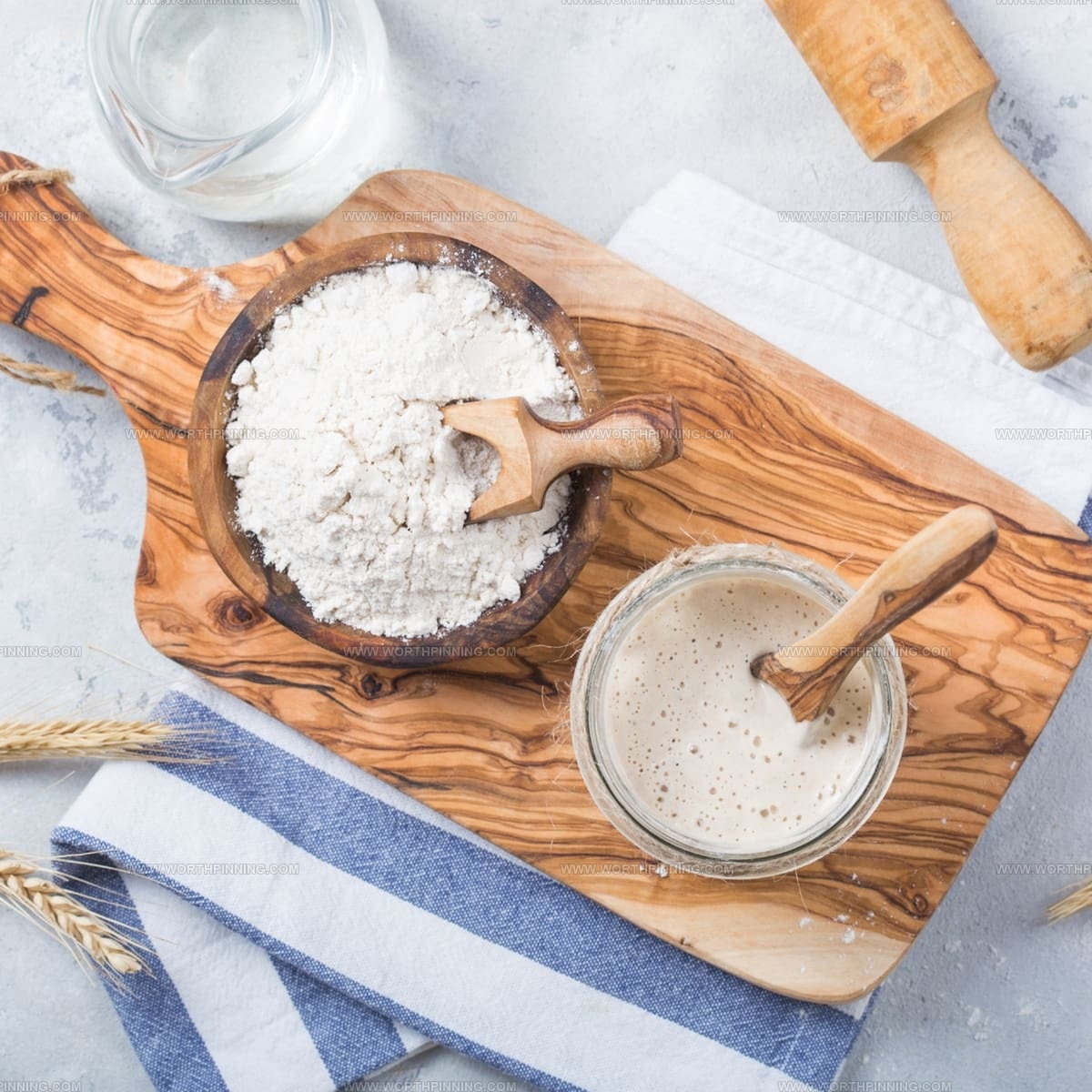
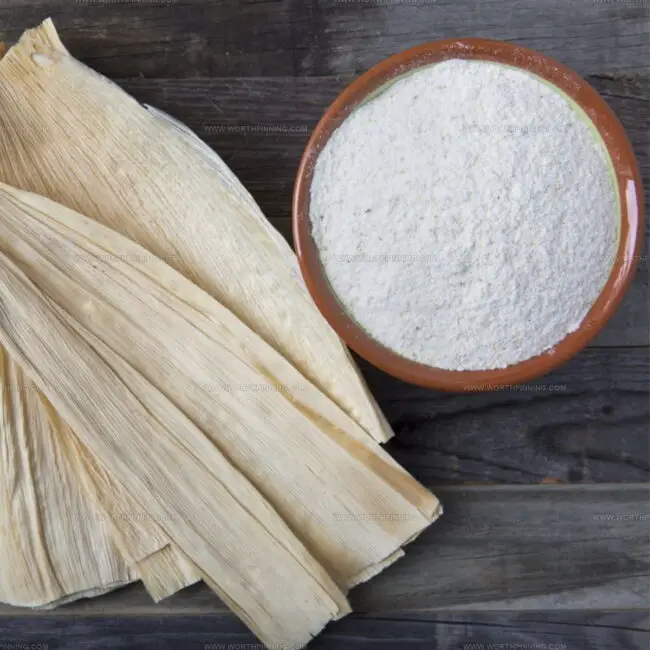
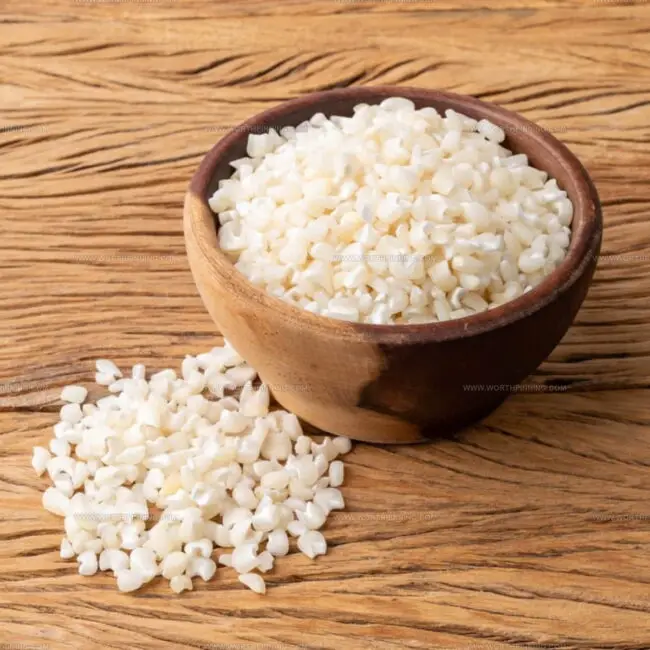
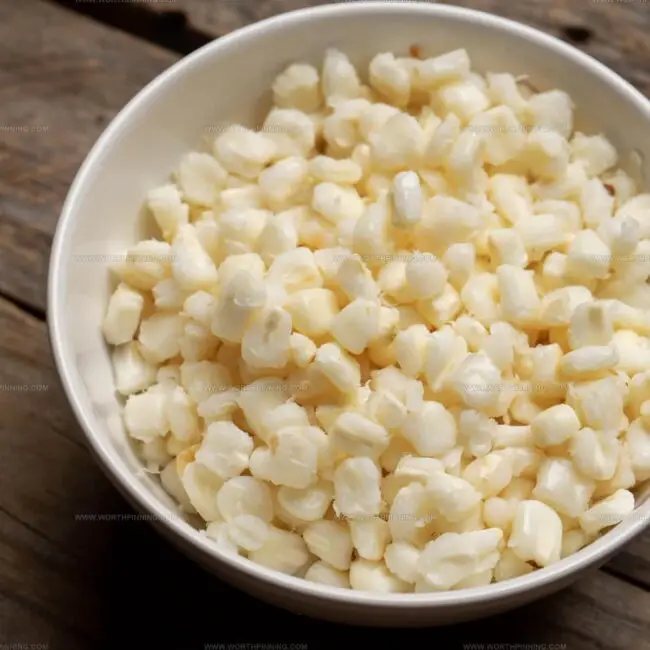
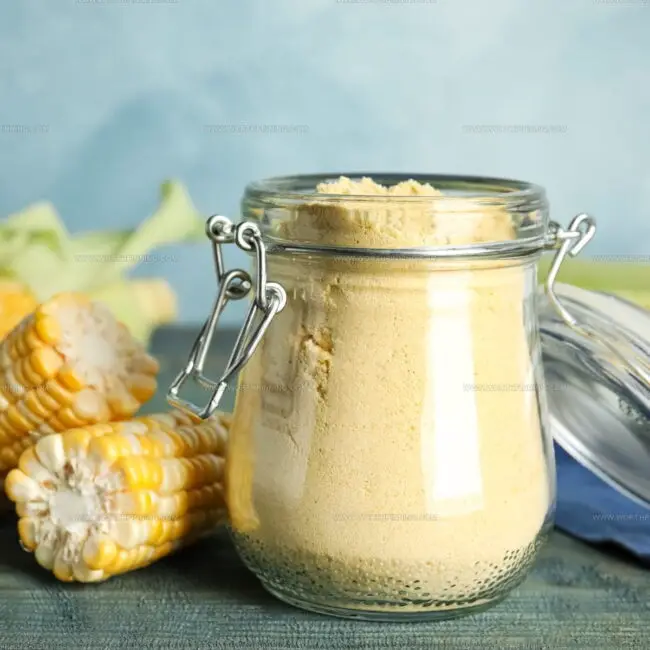
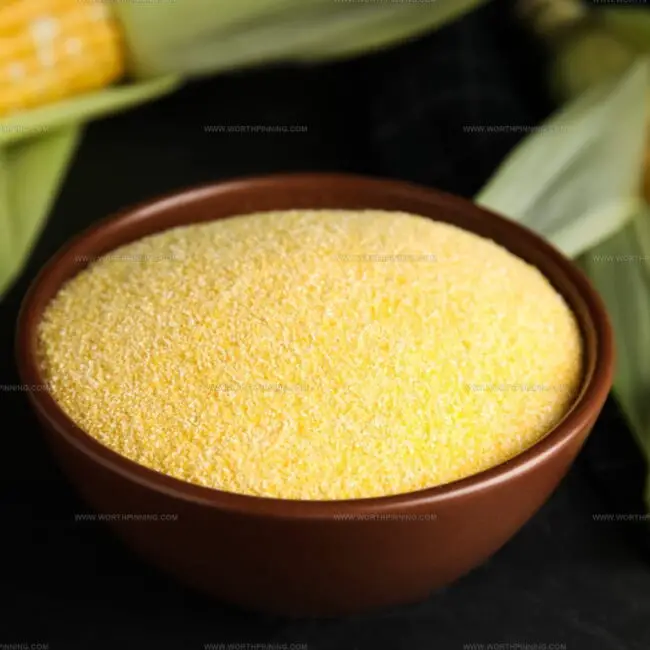
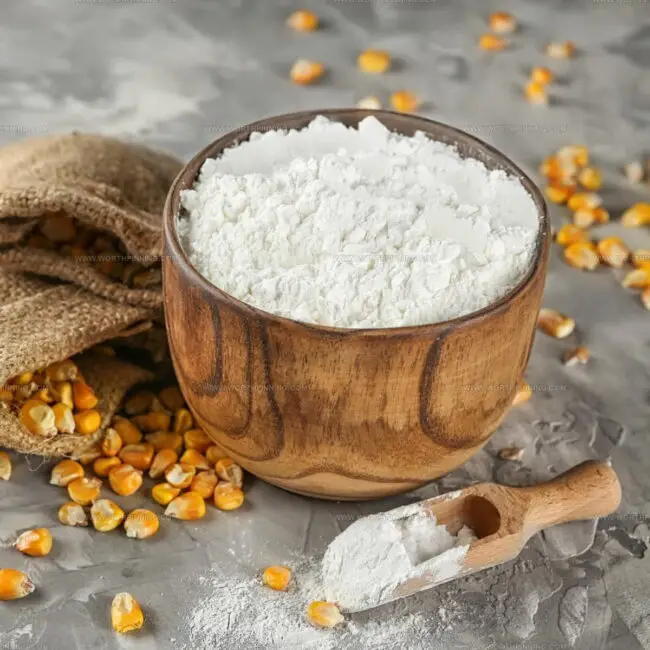
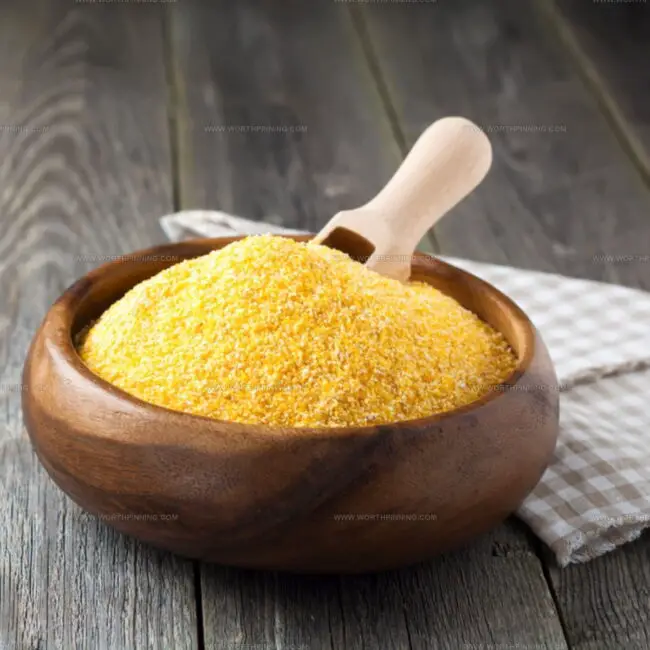
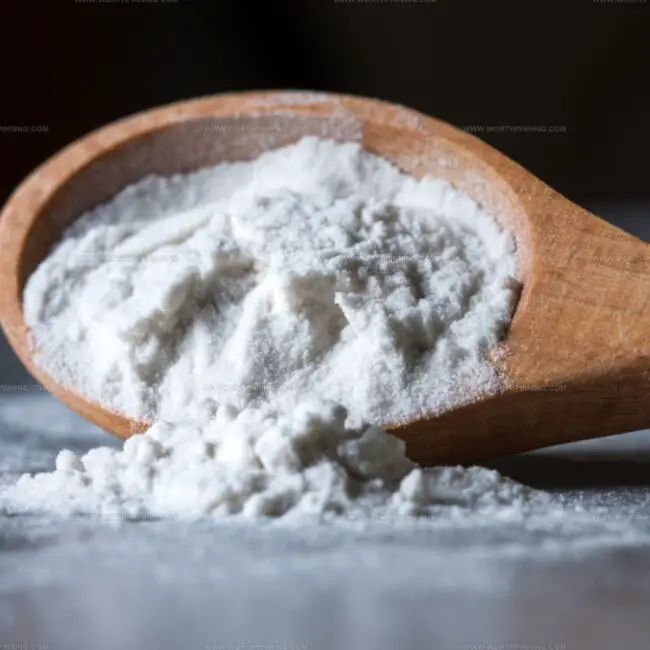
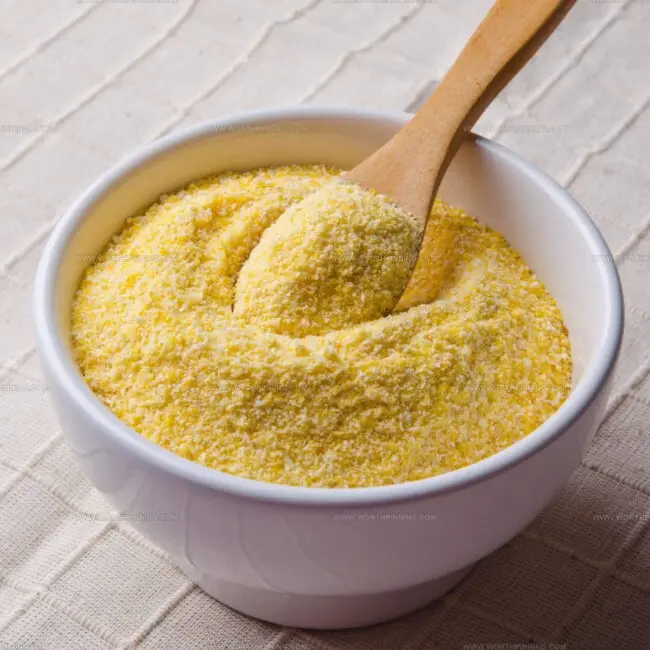
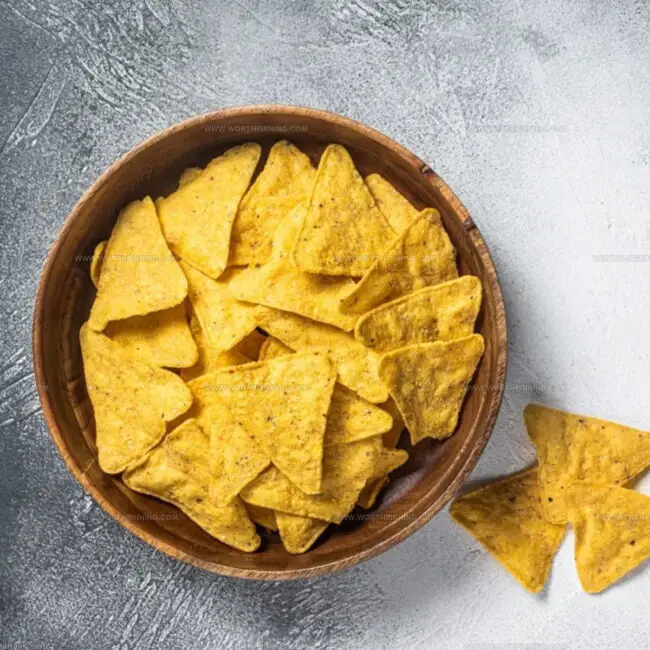
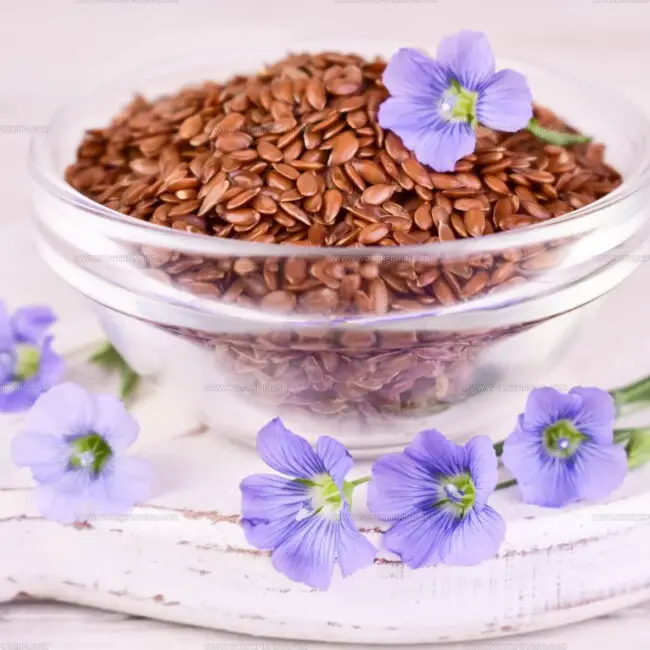
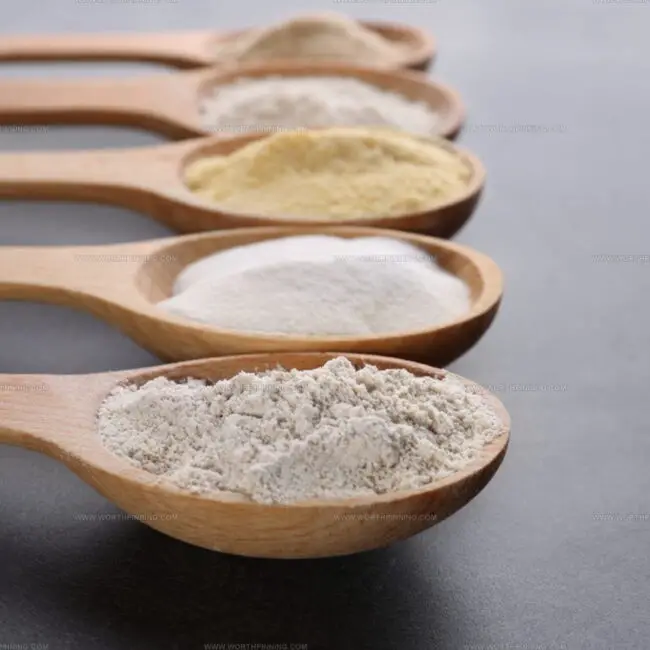
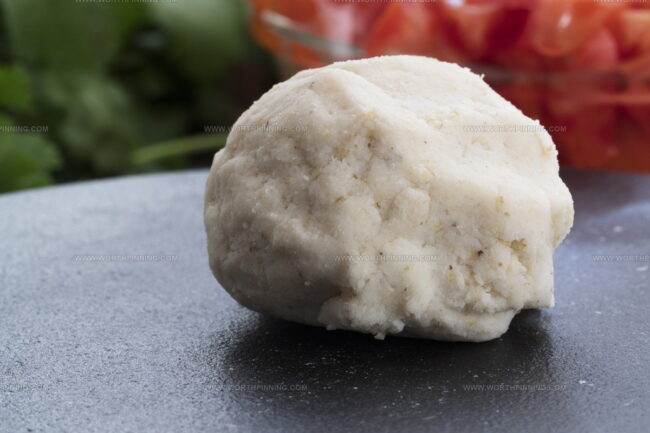
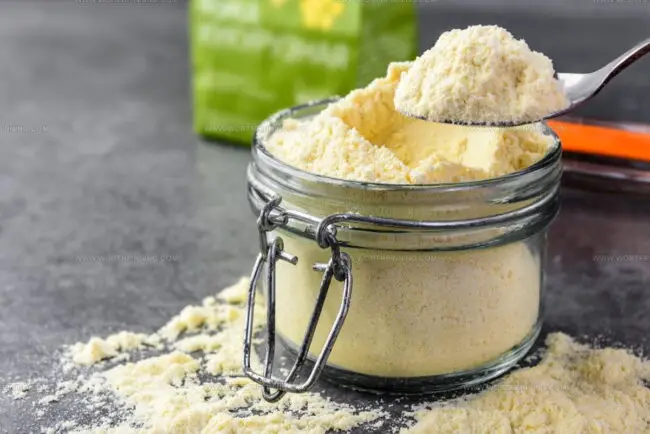
Sophia Rivera
Recipe Developer & Kitchen Tips Specialist
Expertise
Education
Austin Community College
San Antonio Culinary Institute
Sophia’s passion for baking began in her family kitchen, where she spent hours experimenting with new recipes. With a background in baking and pastry arts, she loves making desserts that are as visually stunning as they are delicious.
Sophia is all about using seasonal, locally sourced ingredients to create treats that everyone will enjoy. When she’s not creating mouth-watering desserts, you can find her gardening, making new recipes, or enjoying a relaxing afternoon with her family.